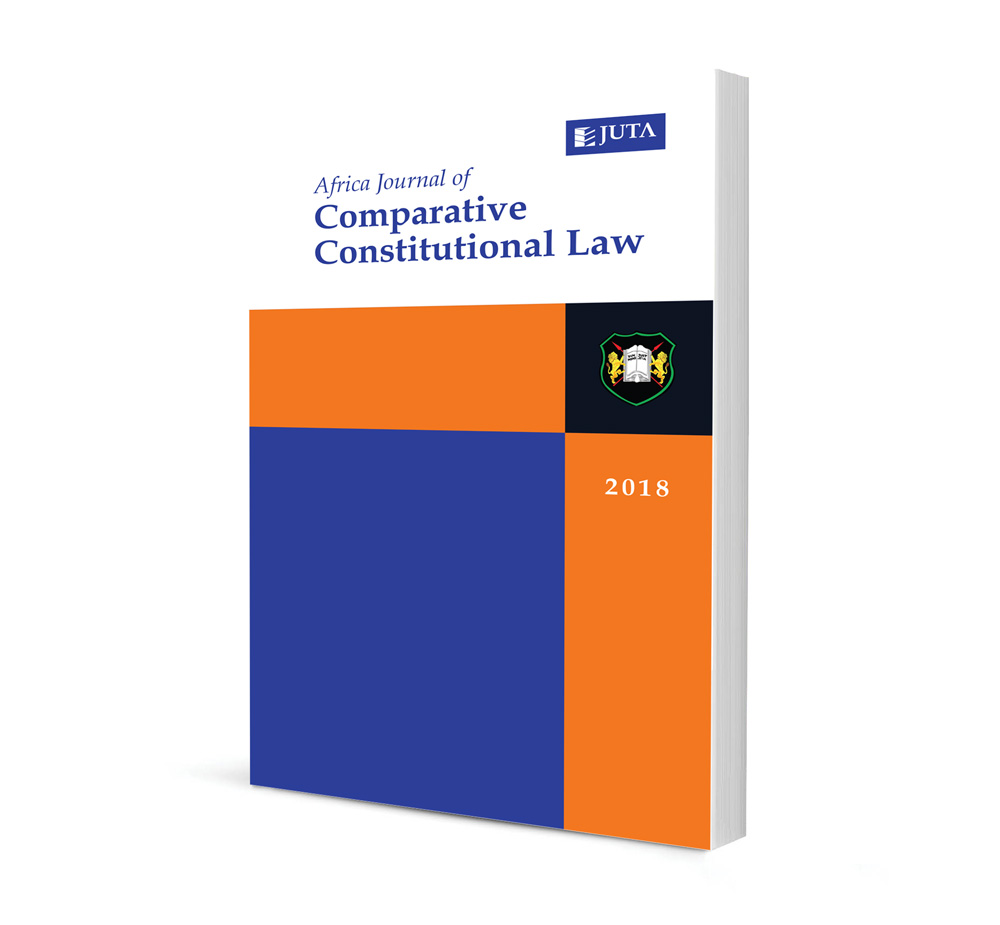A fundamental law of reason and the constitutional law of elections in Africa

A fundamental law of reason and the constitutional law of elections in Africa
Author: Atudiwe P. Atupare
ISSN: 2521-2605
Affiliations: BA, LLB (UG), M.A. (Brock), LLM, PhD (Queen’s University).
Source: Journal of Comparative Law in Africa, Volume 8 Issue 1, p. 1 – 41
https://doi.org/10.47348/JCLA/v8/i1a1
Abstract
This paper attempts a comparative understanding of the constitutional law of elections in two African countries: Ghana and Nigeria. As a prelude, I argue that judges should approach the task of interpretation of the constitutional law of elections based on a non-positivist understanding of legality or the rule of law. Law is not to be regarded simply as the product of lawmakers’ decisions and intentions but as embodying fundamental values that gain normative force independently of what is decided, written or intended by lawmakers. The core of this claim is anchored on a theory of law, the fundamental law of reason. The identification of this fundamental law is not a matter of pure moral reasoning. It is a conception of law as a rule of reason with ‘reason’ here suggesting a uniquely judicial form of discourse where the particular values that will, under this approach, gain this special normative force cannot be listed in a fixed catalogue; they are, rather, the values that are deemed essential to securing the conditions for legality or the rule of law that are, in turn, necessary for ‘law’ to exist. In light of this, I contend that judicial decisions on electoral disputes in Ghana and Nigeria should be able to carry conviction with the ordinary person as being based not merely on legal precedent or the law-makers’ intentions but also upon acceptable values as understood from the reason of the fundamental law.
